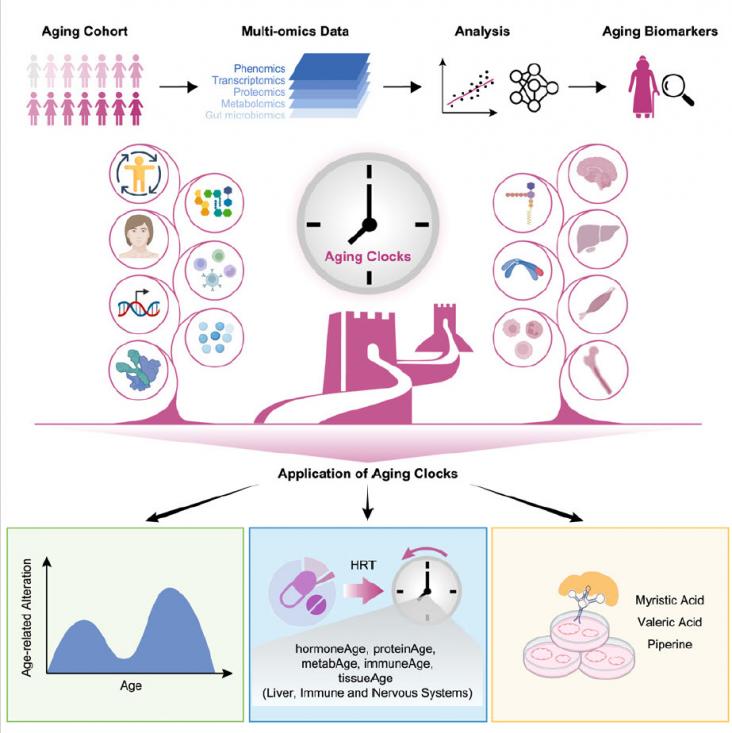Although specialized indigenous patient support services exist, gaps in consistent access to services that are culturally specific are present. Better implementation of protective factors like culturally specific support services are critical to reduce disparities and provide better cardiovascular care for Indigenous people
Background: Hong Kong is among the many populations that has experienced the combined impacts of social unrest and the COVID-19 pandemic.

Stella Chan's interest in psychology began when she went through a tough time as a teenager. The experience gave her a sense of direction: “I wanted to learn more about psychology and how feelings work...I hoped I could do something constructive about mental health.”
The study unveils a significant occurrence of sexual violence among recently arrived asylum-seeking women in France, especially notable among those who had previously experienced sexual violence. It underscores the heightened risk linked to the absence of support for accommodation.

This study identifies a set of markers associated with aging in women, and uses them to create an "aging clock" that can measure a person's biological age. The clock reveals distinct aging patterns and suggests that hormone replacement therapy can slow down some aspects of aging.
Background: Gender-based disparities in health-care are common and can affect access to care.
This Article supports SDG 3 by estimating burdens of other musculoskeletal disorders (conditions other than osteoarthritis, rheumatoid arthritis, gout, low back pain, and neck pain), which are a source of a large amount of disability globally; they are the sixth leading cause of years lived with disability globally, and the authors note they are an important consideration for policies regarding musculoskeletal health.
This article aligns with Sustainable Development Goal 11: Sustainable Cities and Communities. The research focuses on transitioning the construction industry towards sustainable practices by utilizing local biological materials and developing a construction method for tension-compression anticlastic shellular structures. The use of a fully biodegradable material system and an earthen construction workflow helps minimize the environmental footprint in the built environment.
This article aligns with Sustainable Development Goal 3: Good Health and Well-being. The use of polymer-functionalized plant leaf scaffolds as a novel human cell culture platform for tissue engineering applications, specifically for promoting the alignment and elongation of muscle cells, contributes to advancements in healthcare and the development of functional skeletal muscle tissue.
This Series paper supports SDG 3 by evaluating existing and emerging vaccines and vaccination campaigns against hepatitis B virus and other sexually transmitted infections, as well as other interventions such as PrEP for HIV
This article contributes to SDG 3 by developing predictive tools to improve clinical management of autoimmune hepatitis.
